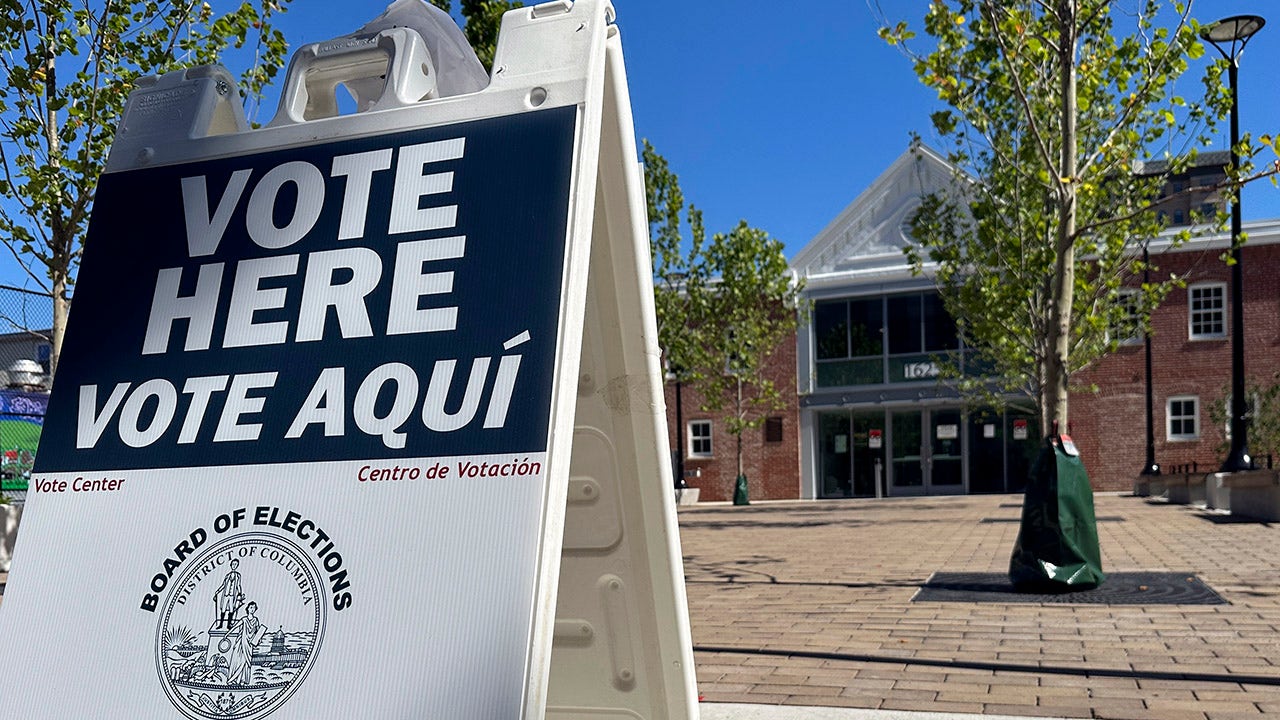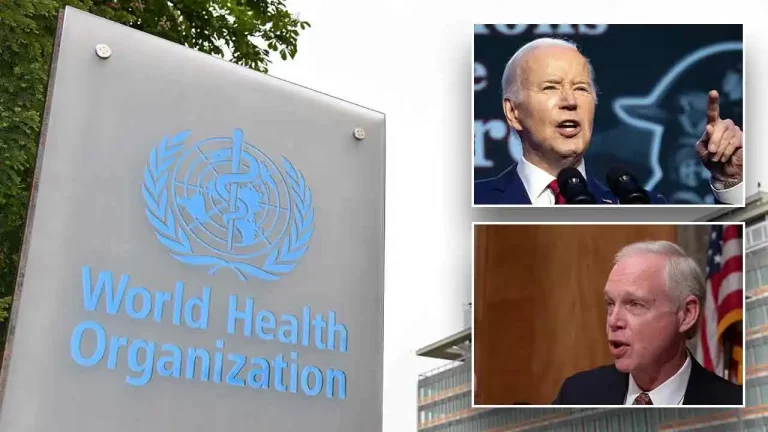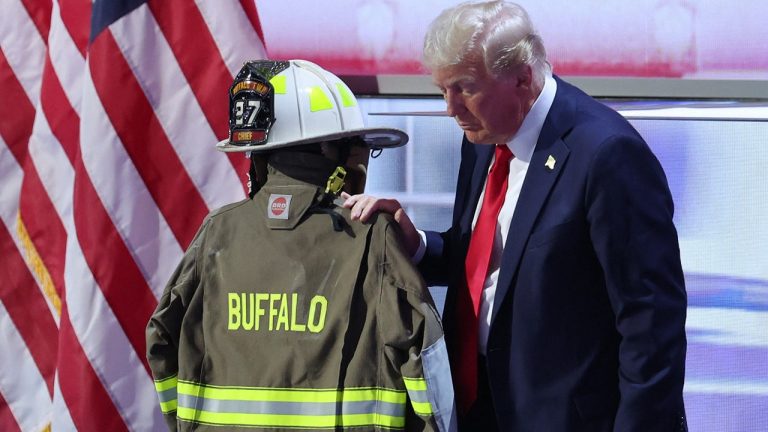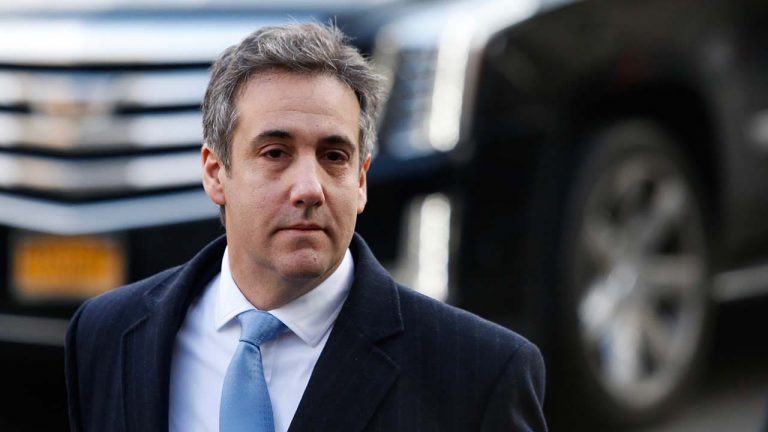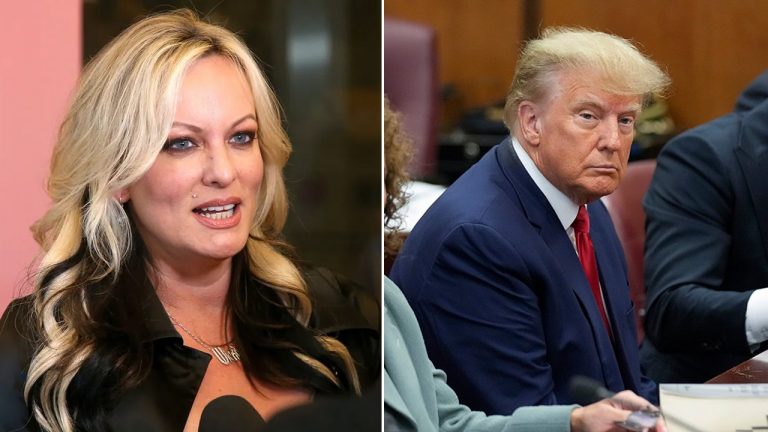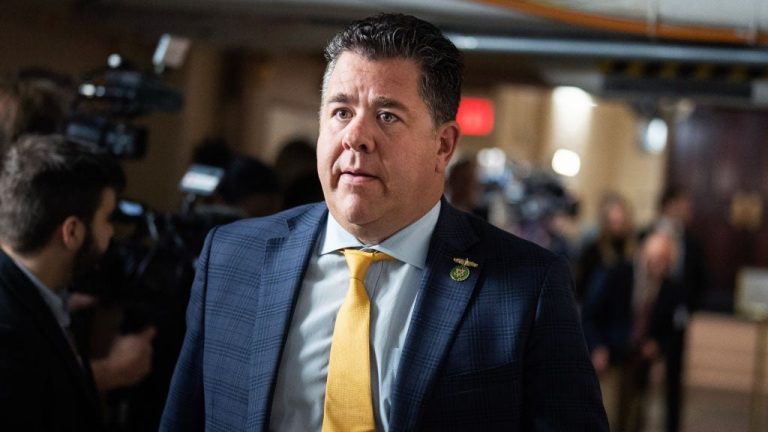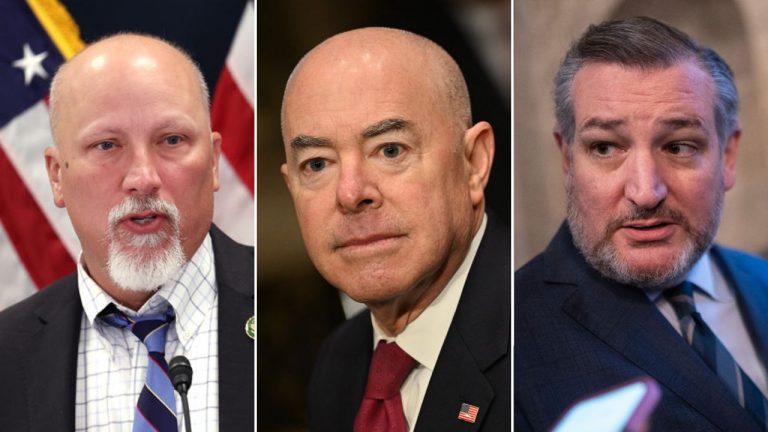Over 500 noncitizens registered to vote in DC Council elections amid House investigation.
Recent statistics have revealed a surprising trend in the voter demographics within the nation’s capital. According to a report by the D.C. Board of Elections, there are nearly 500 noncitizen residents who have registered to vote in Washington, D.C. This includes individuals from various political affiliations, including Democrats, Republicans, and those unaffiliated with any party.
While the Board does not collect specific data on the nationalities of noncitizen voters, anecdotal evidence suggests that individuals from countries like El Salvador, Iran, and Ethiopia have participated in the local electoral process. This revelation has sparked a heated debate among lawmakers and the public regarding the implications of noncitizen voting rights.
Just days before the Washington, D.C. primary election, a significant number of House Democrats joined Republicans in voting to overturn a 2022 local law that permitted noncitizens to vote in municipal elections. The bill aimed at negating this provision received support from 52 House Democrats, marking a noticeable increase from the previous year’s tally.
The debate surrounding noncitizen voting has spilled over into the national arena, as the House Administration Committee convened multiple hearings to discuss the potential impact of these policies on election integrity and national security. Critics argue that allowing noncitizens to participate in local elections could open the door to foreign interference and compromise the sanctity of the electoral process.
During a recent hearing, Chairman Bryan Steil emphasized the need to prevent the proliferation of D.C.’s noncitizen voting legislation to other states and to safeguard federal elections from unauthorized voter participation. These concerns highlight the broader implications of the ongoing debate and the need for a comprehensive approach to address the issue at both local and national levels.
Recent voting data from the D.C. Council primary election indicates active participation from the electorate, with a significant number of voters casting their ballots through various methods, including in-person voting, mail-in ballots, and drop boxes. The high voter turnout underscores the importance of civic engagement and the critical role that every eligible voter plays in shaping the future of their community.
As of April, there were over 450,000 registered voters in Washington, D.C., reflecting the diverse and dynamic political landscape of the capital city. The inclusion of noncitizen voters in the electoral process has sparked broader conversations about representation, inclusion, and the fundamental rights of residents to participate in local governance.
Abel Amene, an Ethiopian immigrant who made history by becoming the first noncitizen elected to public office in Washington, D.C., emphasized the long-standing tradition of noncitizen participation in American democracy. Amene’s election as Ward 4’s advisory neighborhood commissioner underscored the evolving nature of politics in the nation’s capital and the changing demographics of its electorate.
In a recent interview, Amene highlighted the contributions of noncitizens to the fabric of American society and the need to acknowledge their tax-paying status and potential civic responsibilities. He argued that allowing noncitizen residents to vote in local elections aligns with the principles of democracy and ensures that all members of the community have a voice in shaping their future.
Shaghayegh Chris Rostampour, another noncitizen voter hailing from Iran, echoed similar sentiments about the importance of local voting rights for immigrants and individuals on the path to citizenship. Rostampour emphasized the distinction between local and federal elections and the need to allow noncitizens to participate in the former without compromising the integrity of the electoral process.
However, opponents of noncitizen voting rights, including Chairman Steil, raised concerns about potential challenges in maintaining voter rolls and ensuring the accuracy and legitimacy of the electoral system. Citing examples from other states like Ohio and Virginia, where noncitizens were mistakenly included in voter lists, critics argue that the issue of unauthorized voting requires a more vigilant and proactive approach.
As the debate over noncitizen voting rights continues to unfold in Washington, D.C., and beyond, it is essential to consider the broader implications of these policies on democracy, representation, and national security. Finding a balance between inclusivity and integrity in the electoral process is crucial to upholding the fundamental values of American democracy and ensuring equal participation for all eligible voters.


